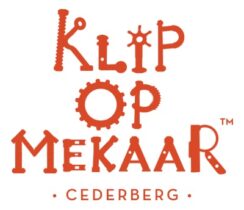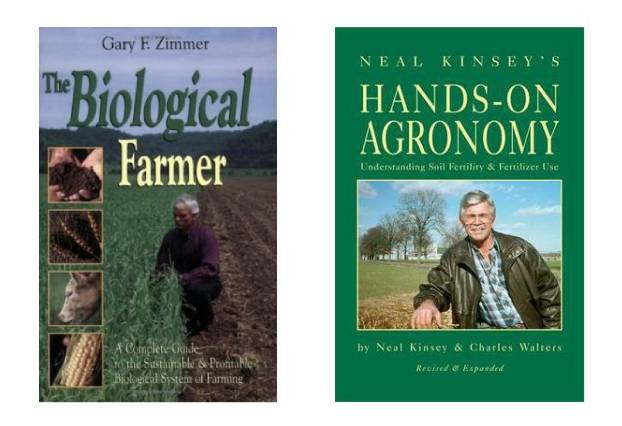Over the past few months we’ve increased our investment in researching and establishing the optimal health and nutrient levels for our soils and organic rooibos cultivation at Klipopmekaar.
Our focus has been on biological soil and fertilizer science, soil analyses, and rooibos leaf analyses. With the assistance of a talented agronomist and some protracted brainstorming with other rooibos farmers, we’ve re-developed and optimized our target soil profiles and target nutrient/micro-nutrient and humus levels for long-term sustainable rooibos production.
This is going to involve long-term experimentation with crops, soils and an environment that are challenging to thoroughly understand… we hope the results will reflect most (or even some) of our hypotheses!
It’s been fascinating to immerse myself in biological soil science. In the pursuit of knowledge about this subject, I received recommendations to read two excellent books which I would in turn like to recommend to other rooibos farmers and farmers in general.
1) The Biological Farmer by Gary Zimmer
Herewith a purchase link and book description from Amazon.com:
Biological farmers work with nature, feeding soil life, balancing soil minerals and tilling soils with a purpose. The methods they apply involve a unique system of beliefs, observations and guidelines that result in increased production and profit.
This practical how-to guide elucidates their methods and will help you make farming fun and profitable, and among the most important themes in the book are:
- A safe and sustainable system designed to keep production up. Biological farming does not mean less production; it means eliminating obstacles to healthy, efficient production. Once the chemical, physical and biological properties of the soil are in balance, you can expect optimal outputs, even in bad years. Biological farming improves the environment, reduces erosion, reduces disease and insect problems, and alters weed pressure and it accomplishes this by working in harmony with nature.
- A common-sense approach. Biological farming focuses on ways to reduce input costs and to increase profits while improving soil conditions and livestock health.
- Taking care of the soil. Skilled biological farmers learn how to take care of soil life they nurture it, feed it a balanced diet, and use tillage tools and methods to enhance soil life.
- Learn how to fertilise. Biological farmers learn proper fertiliser uses to correct mineral and nutrient imbalances and to feed plants and soil life.
This is the farming consultant’s bible. It schools the interested grower in methods of maintaining a balanced, healthy soil that promises greater productivity at lower costs, and it covers some of the pitfalls of conventional farming practices.
Zimmer knows how to make responsible farming work, and his extensive knowledge of biological farming and consulting experience come through in this complete, practical guide to making farming fun and profitable.
2) Hands-on Agronomy, Understanding Soil Fertility & Fertilizer Use by Neil Kinsey
Herewith a purchase link and book description from Amazon.com:
The soil is more than just a substrate that anchors crops in place. An ecologically balanced soil system is essential for maintaining healthy crops. This is a comprehensive manual on soil management.
The “whats and whys” of micronutrients, earthworms, soil drainage, tilth, soil structure and organic matter are explained in detail. Kinsey shows how working with the soil produces healthier crops with a higher yield drawing on his wide range of experience as a master consultant. Learn how to balance soil nutrients for maximum yield.
Discover why simple N-P-K fertilization isn’t enough. Understand the proper use of manures, compost, tillage, micronutrients and more. Kinsey gives first-rate science that brings organic culture and conventional farming together on speaking terms and indicts toxic rescue chemistry at the same time.
Enjoy!

